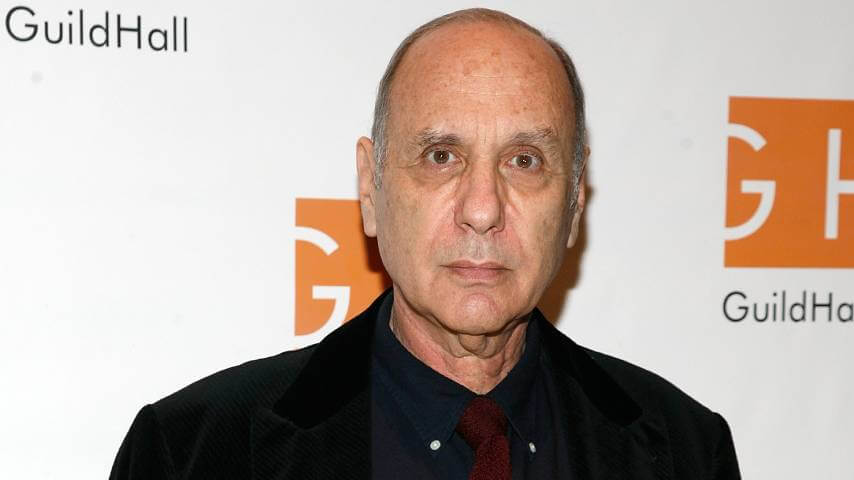R.I.P. Marshall Brickman, Oscar-winning Annie Hall co-writer
Marshall Brickman was 85.
Photo by Andy Kropa (Getty Images)
Marshall Brickman, the Oscar-winning co-writer of Annie Hall, has died. Per The New York Times, Brickman’s daughter, Sophie, confirmed his death but did not report a cause. He was 85.
Best known as the co-screenwriter of Woody Allen’s most revered work, Sleeper, Annie Hall, Manhattan, and, later, Manhattan Murder Mystery, Brickman has something in common with a different Allen creation: Zelig. His career touches many other points of show business history, from folk music to late-night to Muppetry to musicals. Despite being the Oscar-winning co-writer of what was, at one point, considered by the Writers Guild of America to be the funniest screenplay of all time, he never had a complicated view of his success. “It’s important to be lucky,” he said.
Brickman started writing jokes for Woody Allen in the early ’70s at the behest of their shared manager. The pair was already familiar. Some of Allen’s earliest stand-up dates were opening for Brickman’s folk group, The Tarriers, who, before Brickman’s joining, scored a hit with “Day-O (The Banana Boat Song).” Brickman and Allen’s first film was Sleeper, a sci-fi spoof that paid tribute to the silent comedy of Buster Keaton, Charlie Chaplin, and Harold Lloyd.
Their next film, Annie Hall, would be a landmark film in American comedy. Its fractured structure, fourth-wall disregard, lobster-based humor, and nebbish leading man expanded the bounds of comedy. While Allen was admittedly “quite disappointed” with the film many consider the funniest ever made, Brickman was “thrilled.” “I thought it was funny and original, especially the change between the rough cut and what I saw in the theater,” he told Vanity Fair in 2017. Brickman worked with Allen twice more, on 1979’s Manhattan and 1993’s Manhattan Murder Mystery. However, both films have been overshadowed by the accusations of child sexual abuse against Allen and his controversial marriage to Mia Farrow’s adopted daughter, Soon Yi-Previn.
Born Marshall Jacob Brickman on August 25, 1939, in Rio de Janeiro, Brazil, he was the son of Jewish immigrants who fled Poland from the Nazis. The family settled in Brooklyn, where Brickman took up guitar, banjo, and mandolin. After graduating from the University of Wisconsin, his college roommate Eric Weissberg encouraged him to join the Tarriers. He later joined the New Journeyman but left before they became The Mamas And The Papas. In the early ’70s, an old banjo album he and Weissberg performed on called New Dimensions resurfaced as the soundtrack for Deliverance. Brickman had no idea until a check for $170,000 came across his accountant’s desk because “Dueling Banjos” made the album a hit.
Around that time, Brickman had found work on TV. After a stint on Candid Camera, he became the head writer for The Tonight Show Starring Johnny Carson, which came with the perks of “half a box of cigars and [his predecessor’s] joke file.” To his eternal regret, he created Carson’s “Carnac the Magnificent. Brickman considered it “one of the things that I’ll go to my grave having to apologize for.” Brickman left The Tonight Show to produce The Dick Cavett Show in 1971. Later, he co-wrote the pilot for The Muppets: Sex And Violence, a forebear of The Muppet Show.
Brickman directed four movies: Simon, Lovesick, The Manhattan Project, and the TV movie Sister Mary Explains It All, starring Diane Keaton. In 2005, Brickman co-wrote the book for the Four Seasons musical Jersey Boys with Rick Elice. They re-teamed on the book for 2010’s Addams Family musical.
Brickman is survived by his daughters Sophie and Jessica, his wife Nina Feinberg, who edited three of his feature films, and five grandchildren.